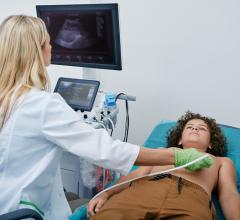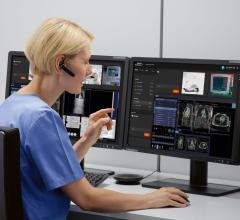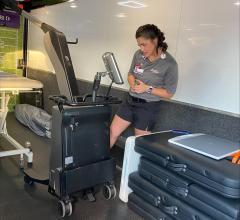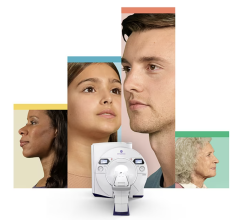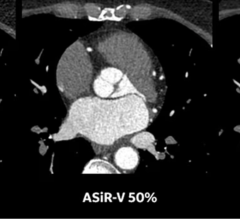
May 1, 2013 — Texas Children's Hospital is the first children's hospital in the United States to begin using a positron emission tomography/magnetic resonance imaging (PET/MRI) scanner, a state-of-the-art technology that will help in early and accurate diagnosis of various cancers, heart diseases and degenerative neurological disorders. Texas Children's is also the only hospital in the Texas Medical Center to have this machine.
PET/MRI is a hybrid imaging technology that incorporates MRI soft tissue morphological imaging and PET functional imaging. This new imaging device sequentially performs PET and MRI scans, producing more detailed images than either technique alone. Hybrid PET and MRI scans eliminate the need to move patients from one imaging unit to another, making it easier to combine data from both scans to produce enhanced details.
“To be able to study the structural and functional changes in the body may allow us to detect abnormalities, even before the clinical symptoms of a disease begin to show," said George S. Bisset III, M.D., chief of pediatric radiology at Texas Children's Hospital, professor of radiology at Baylor College of Medicine and immediate past president of the Radiological Society of North America.
According to multiple research papers written on the PET/MRI scanner, it is reasonable to expect that PET/MRI will provide new insights in the field of neuroscience and neurologic disorders, such as neurodegeneration, brain ischemia, neuro-oncology and seizures. It will also be used to diagnose many other illnesses, including head and neck tumors, many types of cancer, liver tumors, pelvic tumors, musculoskeletal tumors and heart diseases.
Until recently, scientists could not integrate PET and MRI scanners because powerful MRI magnets interfered with the imaging detectors on the PET scanner. PET/MRI may be able to replace the PET/CT scans now used to investigate cancers and other problems in pediatric patients. If so, PET/MRI scans will expose patients to significantly less radiation dose than that required for PET/CT scans.
"Radiation exposure is a source of concern for any patient, but it has to be watched with particular care in pediatric patients who are still growing and developing," said Bisset. "An opportunity to get information essential for medical care at half the radiation exposure would be particularly welcome both in pediatric patients and in adults who need multiple scans during treatment."
For more information: www.texaschildrens.org


 October 31, 2025
October 31, 2025 



